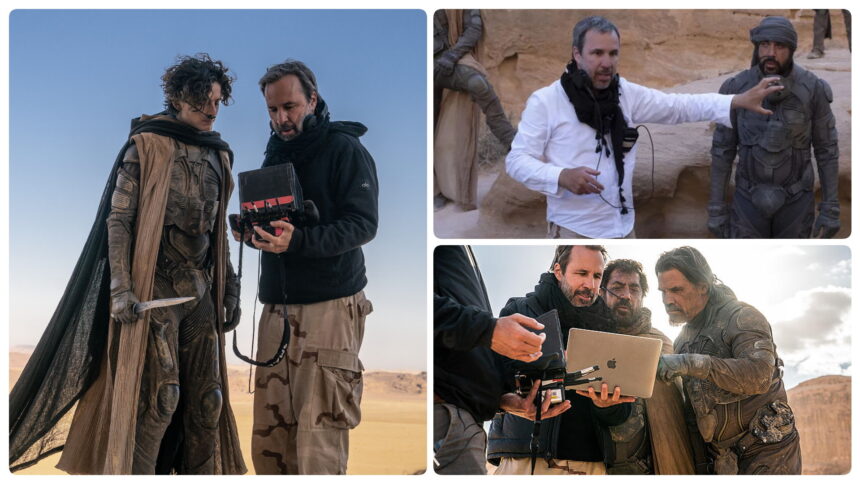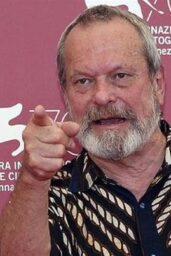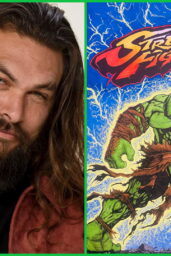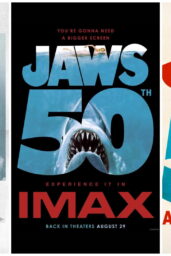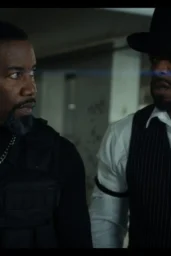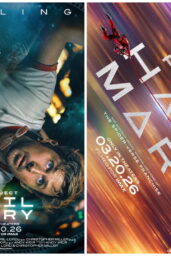The clash between creative titans Quentin Tarantino and Denis Villeneuve recently took the spotlight as Tarantino publicly commented that he had no interest in watching Villeneuve's adaptations of Dune. Tarantino's reluctance, he says, stems from having seen David Lynch's 1984 Dune adaptation multiple times, which was enough for him to “not need to see that story again.” Tarantino went further, implying a lack of interest in revisiting ideas he perceives as “recycled.”
Villeneuve responded during a recent Q&A at Concordia University's Mel Hoppenheim School of Cinema in Montreal. When asked about Tarantino's comment, Villeneuve replied bluntly: “I don't care,” which reportedly elicited laughter from the audience. Villeneuve then clarified his position on remakes and adaptations, saying he understood Tarantino's general aversion to revisiting old ideas but noted that Dune is a different case. “I agree with him that I don't like this idea of recycling and bringing back old ideas. But where I disagree is that what I did was not a remake. It's an adaptation of the book,” he explained, emphasizing that his version is not a mere rehash but a faithful reimagining of Frank Herbert's original 1965 novel.
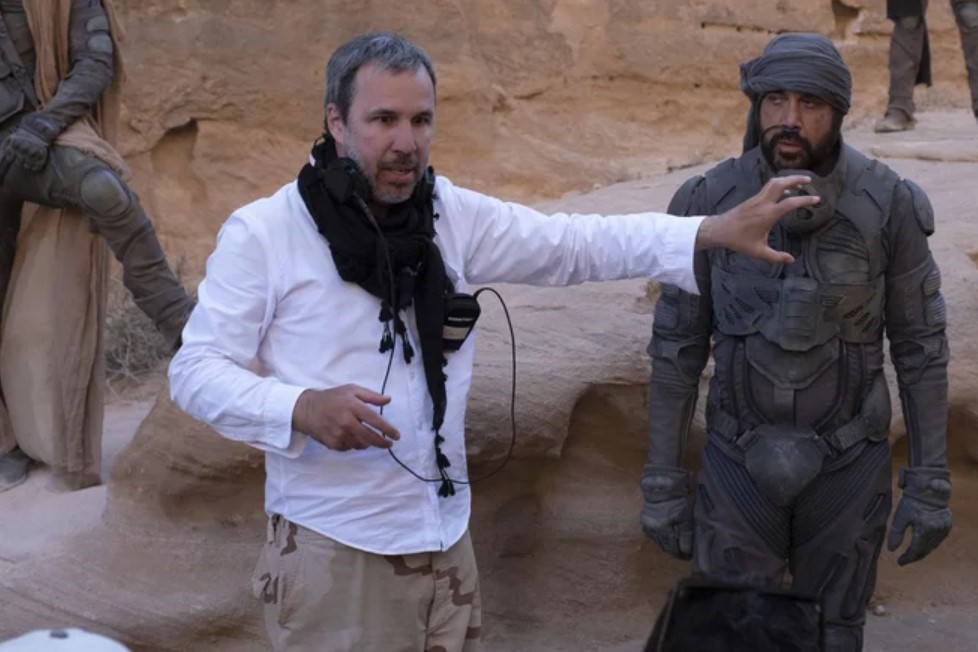
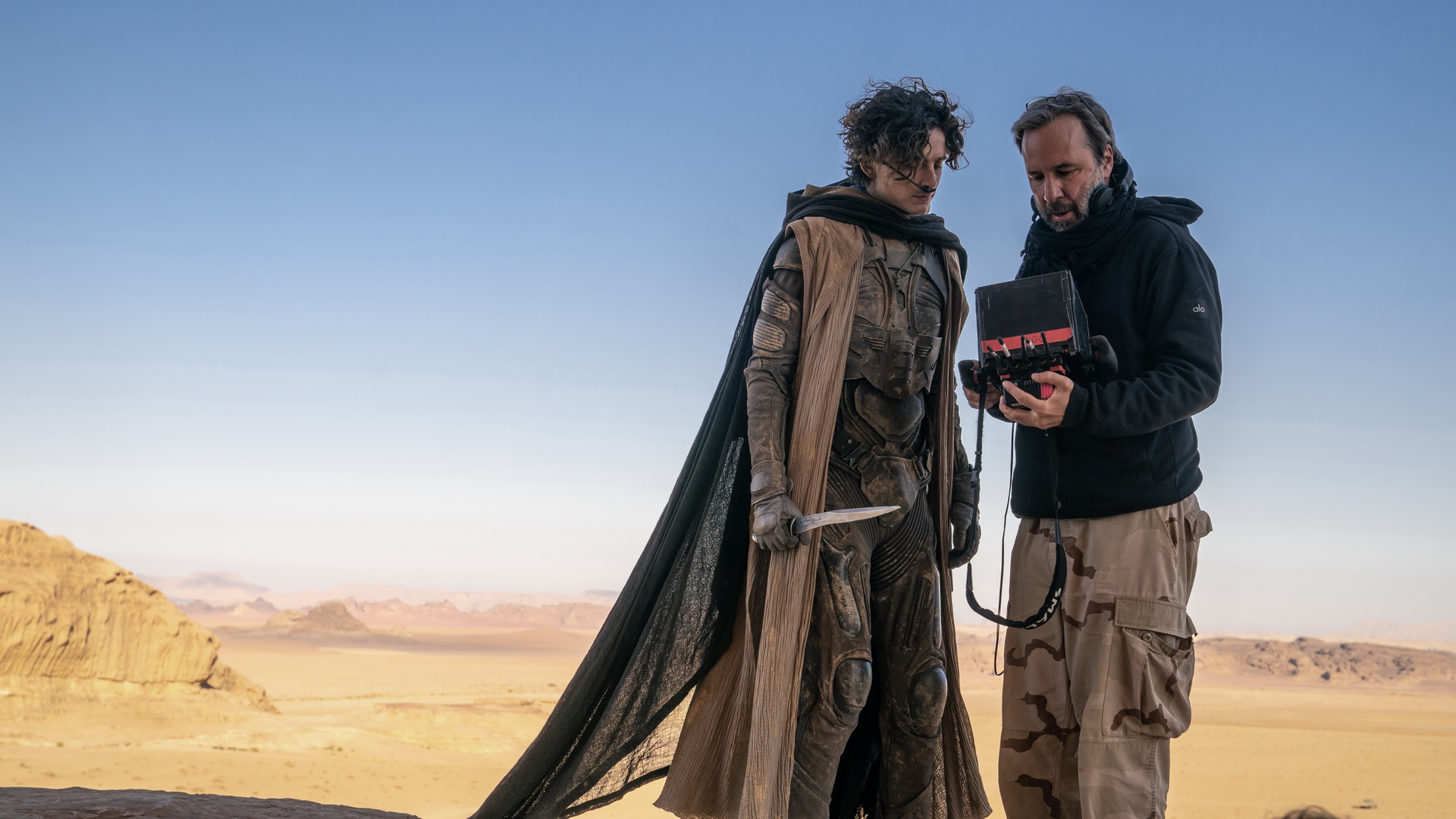
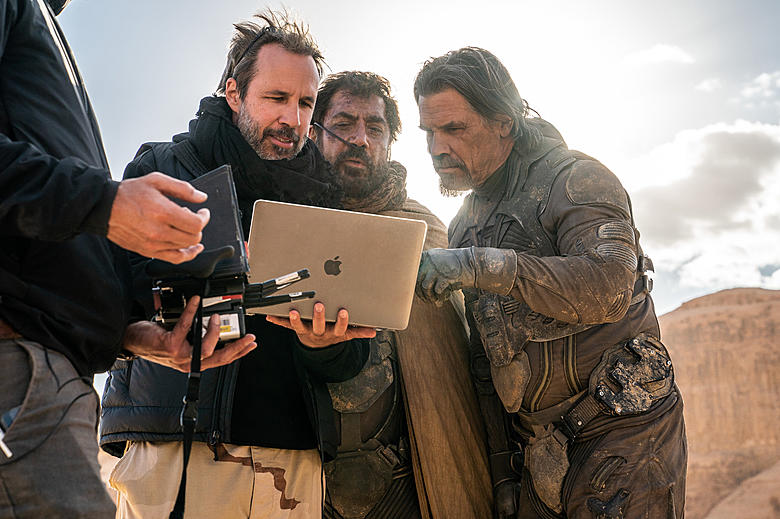
Villeneuve's perspective highlights a distinction he feels is essential: adapting literature for the screen is different from simply remaking previous films. To him, Lynch's Dune and his own 2021 adaptation represent fundamentally different approaches to Herbert's novel, with Villeneuve aiming to craft an experience he feels is “original” in its own right. The comment was particularly poignant given that Lynch, who experienced a famously troubled production process on his version, has also publicly stated that he has no interest in watching Villeneuve's interpretation.
This philosophical clash between two prominent filmmakers extends beyond Dune. Tarantino, in the same interview, stated he had no intention of watching the recent “Shōgun” or “Ripley” TV adaptations, further showcasing his general aversion to adaptations or reimaginings of works with which he's already familiar. This sentiment from Tarantino invites ongoing discussions on whether remakes and adaptations contribute creatively to cinema or merely dilute originality.
Villeneuve's response reflects a broader debate in the film industry over adaptation versus originality. While Tarantino prefers avoiding rehashes of familiar narratives, Villeneuve's approach to Dune underscores the potential for adaptations to offer fresh perspectives on existing stories. As Villeneuve continues his work on Dune: Part Two, his unique vision for Herbert's universe seems bound to further the conversation about adaptation in cinema.
The exchange between Villeneuve and Tarantino provides insight into contrasting philosophies on cinema. Tarantino's avoidance of new takes on old stories underscores his dedication to original storytelling. Villeneuve's viewpoint, however, is equally compelling; his insistence that his adaptation of Dune isn't a remake but a new vision based on Herbert's work is well-supported, especially considering his efforts to closely adhere to the source material's depth and scope. Each perspective reflects its own merit, suggesting that both pure originality and faithful adaptation have their place in film. For fans of cinematic storytelling, Villeneuve's ambitious approach offers something to appreciate, even for those who might side with Tarantino's purist view.
What do you think – can adaptations of classic stories offer something new to audiences, or do they risk overshadowing original storytelling?

